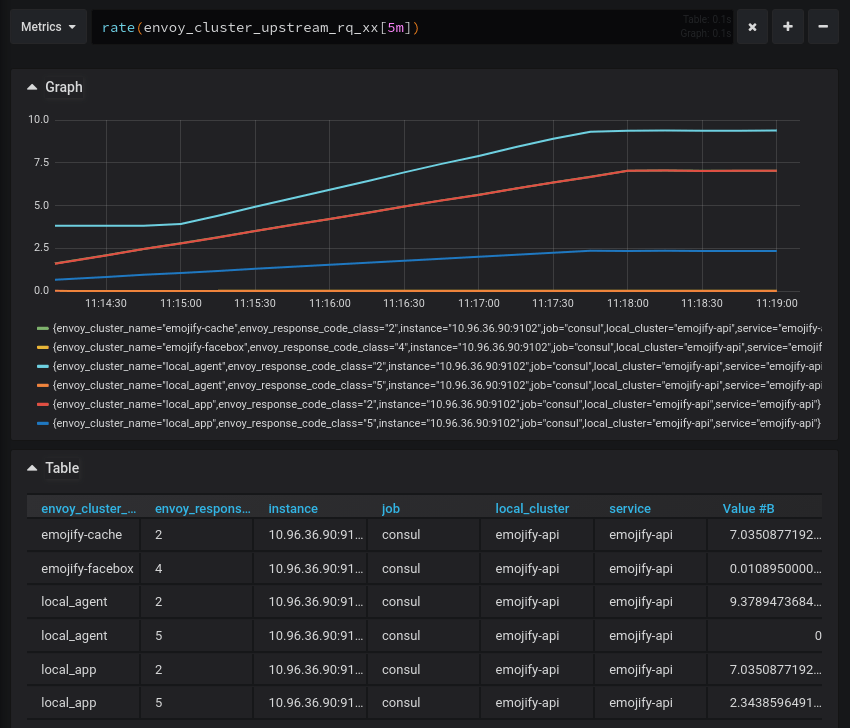
Key metrics for monitoring Consul
Table of Contents

HashiCorp Consul is agent-based cluster management software that addresses the challenge of sharing network and configuration details across a distributed system. Consul handles service discovery and configuration for potentially massive clusters of hosts, spread across multiple datacenters. Consul was released in 2014, and organizations have adopted it for its service discovery capabilities, distributed key-value store, and automated health checks, among other features (including, recently, a service mesh).
Monitoring Consul is necessary for making sure that up-to-date network and configuration details are reaching all hosts in your cluster, allowing them to communicate with one another and perform the work of your distributed applications. In this post, we’ll walk you through the components of Consul you should be monitoring. Then we’ll introduce four categories of metrics that provide comprehensive visibility into your Consul clusters:
Consul runs as an agent on each host. The Consul agent propagates information across a cluster, ensuring that cluster members have access to consistent network and configuration details. In general, monitoring Consul means tracking its consistency mechanisms for performance and success.
Source: datadoghq.com
